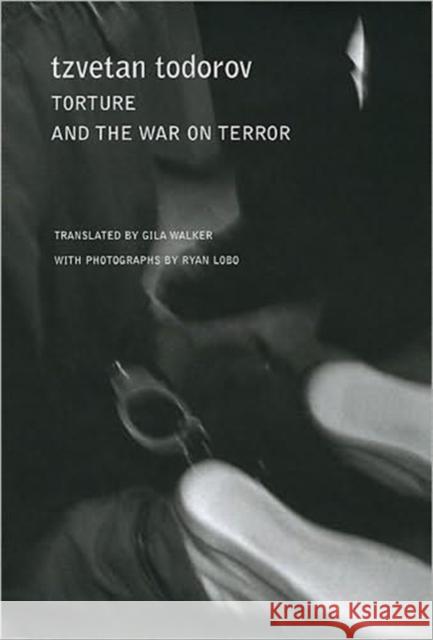Torture and the War on Terror » książka
Torture and the War on Terror
ISBN-13: 9781906497361 / Angielski / Twarda / 2009 / 68 str.
Though the recent election of American President Barack Obama and his signing of the executive order to close the prison at Guantanamo Bay signals a considerable shift away from the policies of the Bush era, the lessons to be learned from the war on terror will remain relevant and necessary for many years to come. In the aftermath of 9/11, the United States government approved interrogation tactics for enemy combatant detainees that could be defined as torture, which was outlawed in Europe in the eighteenth century as well as prohibited by the Geneva Conventions and the United Nations Convention Against Torture. In conjunction with these policies, the Bush administration vocally defended torture as a necessary tool in its war on terror.
In "Torture and the War on Terror," ""Tzvetan""Todorov argues that the use of the terms war and terror dehumanize the enemy and permit treatment that would otherwise be impermissible. He examines the implications and corrupting impact of the attempt to impose good through violence and the attempt to spread democratic values by unethical means. Todorov asks: Can violence overcome violence? Does the need to protect one s own country justify violating human rights? Invalidating one by one the political and ethical arguments in favor of torture, Todorov likens institutional torture to a cancer that is eroding our society and undermining the very fundamental democratic ideas of justice and right.
""
"Torture and the War on Terror "is a significant work in ethics, human rights, and political and social history by one of the world s leading intellectuals, and its arguments will be influential in shaping our policies to come.
"











